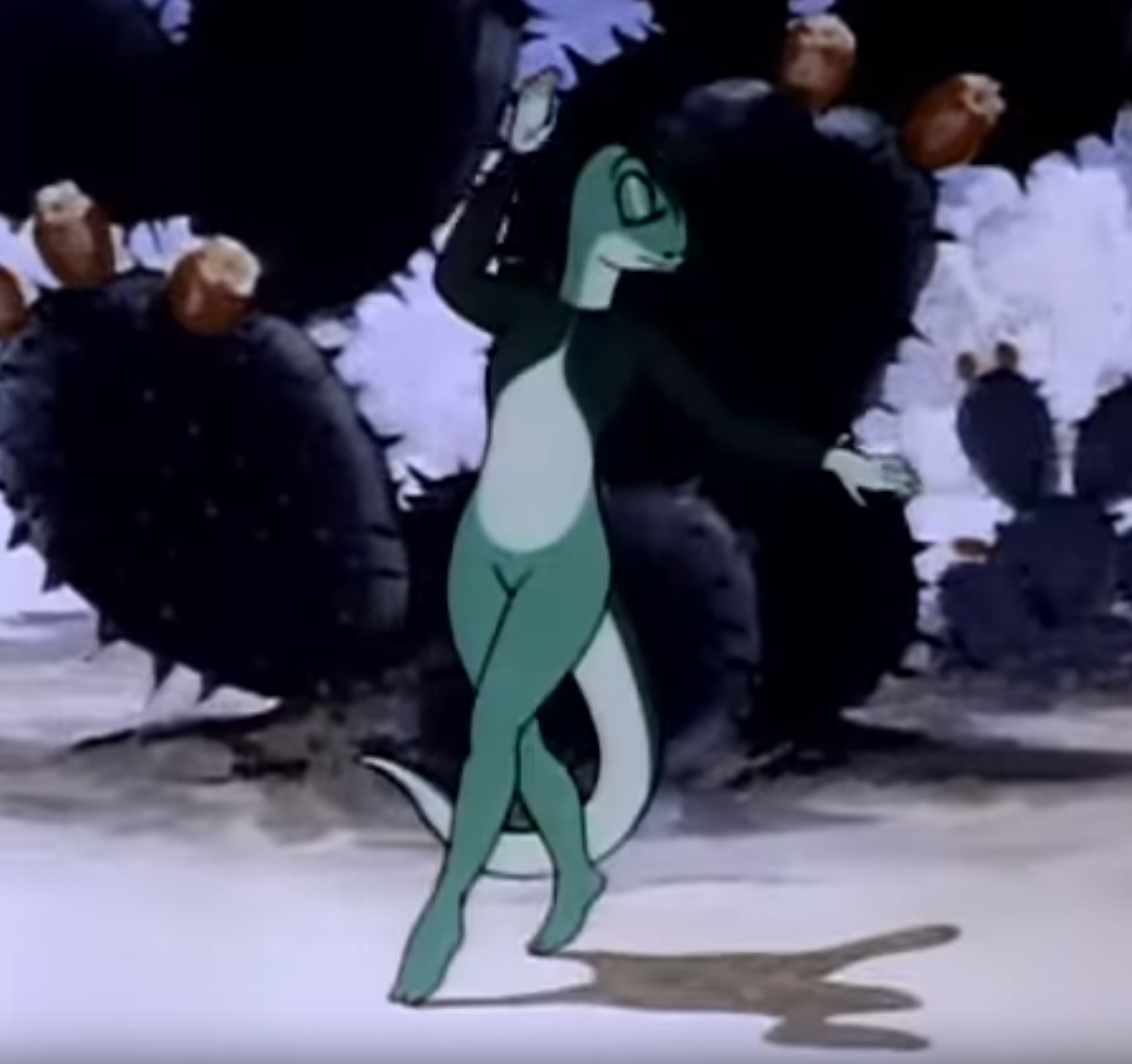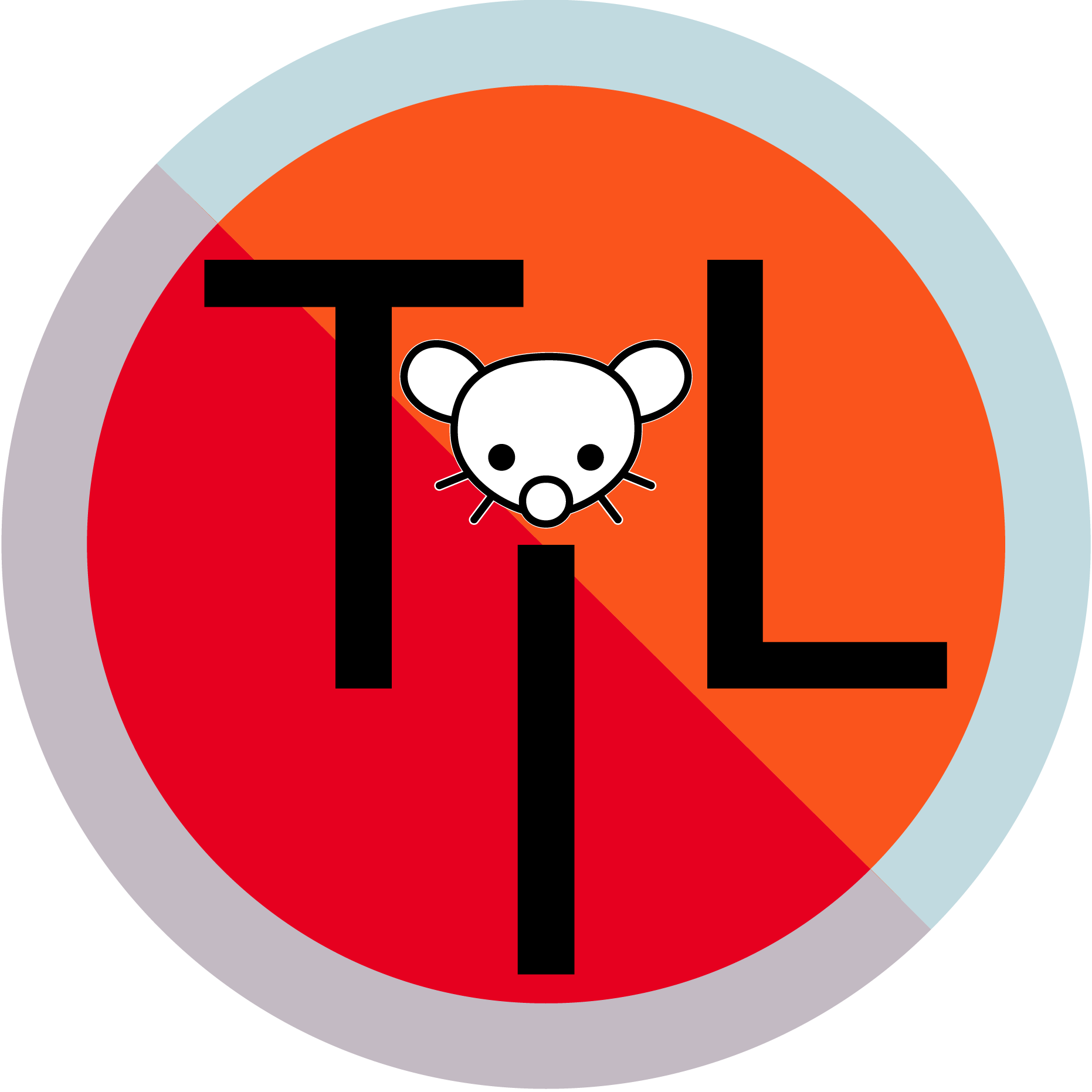References
- “Are Recipes Protected by Copyright Law?”. Kiera Boyd. Fasken. The Angle. Lexology. Published: 2021-07-07. Accessed: 2024-10-31T04:50Z. https://www.lexology.com/library/detail.aspx?g=bc2cc721-99bc-47f0-be4f-727f25421201.
-
In [Publications International, Ltd. v. Meredith Corp. 88 F.3d 473 (7th Cir. 1996) ], the court stated that a functional list of ingredients cannot be considered original within the meaning of the Copyright Act.
-
In Lambing v. Godiva Chocolatier, 142 F. 3d 434 (6th Cir. 1998) [Lambing], the court stated plainly that recipes are not protected by copyright, completely ignoring the possibility that a recipe could contain enough expressive elements to make it copyrightable.
-
Canadian courts have not yet addressed the issue of copyright in recipes […]. Under Canadian copyright law, facts, formulas, and ideas are not protected by copyright. This means that just like in the U.S., recipes which only list ingredients (facts) and the steps that one takes to complete the recipe (formulas) are likely not protected by copyright in Canada.
-
Based on current Canadian copyright law and the leading caselaw on the subject in the U.S., a list of ingredients or matter-of-fact instructions regarding the process of creating a recipe is unlikely to be protected by copyright law.
-
- keepitquickk. “Is it unethical to use online recipes for my restaurant? Am I stealing someone’s work?”. r/NoStupidQuestions. Reddit. Published: 2021-11-16T16:00:59.196Z. Accessed: 2024-10-31T04:58Z. https://www.reddit.com/r/NoStupidQuestions/comments/qvb0gy/comment/hkv7xg6/.
-
[…] you can’t copyright a recipe […]
-


This is why some things are trade secrets rather then trademarked.
Only very few people in the world know the coca cola recipe. Legally your free to recreate it and sell. Good luck though knowing that the company has an exclusive contract to process cocaïne leaves into flavoring extract. (The narcotic byproduct sold to phrama)
Coca leaves. Cocaine is the concentrated and processed stimulant drug.
Coca leaves are also a stimulant, but at a fraction of the strength.
That said, you are correct, Coca-Cola denatures them anyway, so the only stimulant part comes from the caffeine. It’s a bit silly. You’d have to drink a supermarket aisle’s worth of Coca-Cola to get the equivalent of a line of cocaine.
Coca leaves are also legal in parts of South America, where it originates, even though cocaine is not. Coca has deep cultural roots and also has practical value. Along with its stimulant properties, it helps with altitude sickness in the Andes.
I’ve had mate de coca- coca tea. It’s traditionally either chewed or made into tea. I was able to get it imported from a website that no longer exists and I’m guessing I know why. Anyway, aside from the taste (vaguely like damp straw), it was pretty great. Kept you more awake than coffee without any jittery feelings and was completely gone within a few hours.
(Apologies for rambling.)
I visited Ecuador several years ago and got to chew on coca leaves, but they also had coca leaf candies! Both were excellent for helping with altitude sickness, and I really enjoyed the flavor. Had a gentle mood lifting effect too, like a nice cup of tea, but in the form of chewed cud, haha.
The leaf or the candies might be better. I had to make the tea super sweet to tolerate it and I am not a fan of super sweet tea.
But aside from that, it was so much better than coffee.
One version of the recipe was accidentally leaked a while back. It’s not the exact formulation they sell today, but apparently it’s damn close.
Also @JusticeForPorygon@lemmy.world
That’s the pre-corn syrup version so if anything it probably tastes better than what we have now.
Now all I have to do is call up some buddies in Columbia and we’ll be cookin’